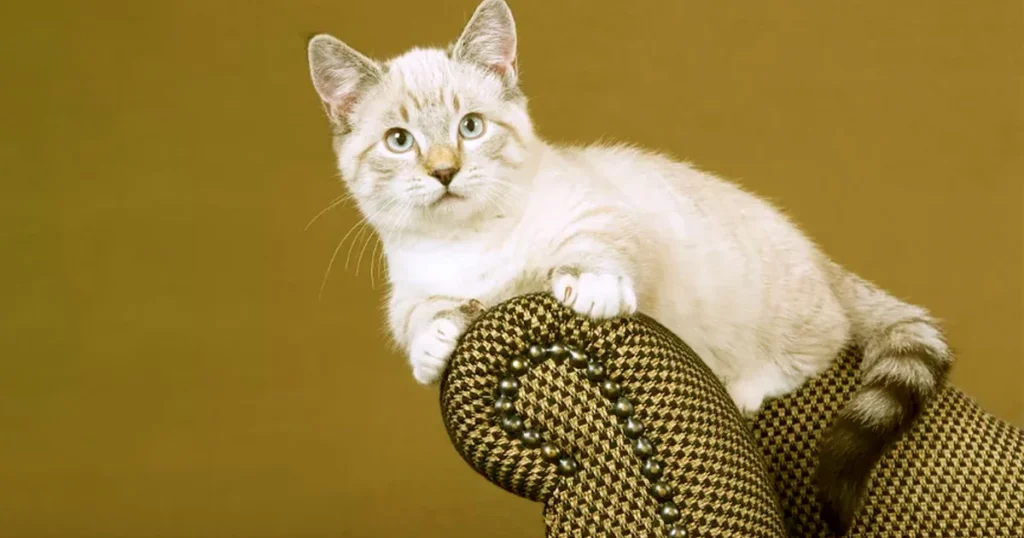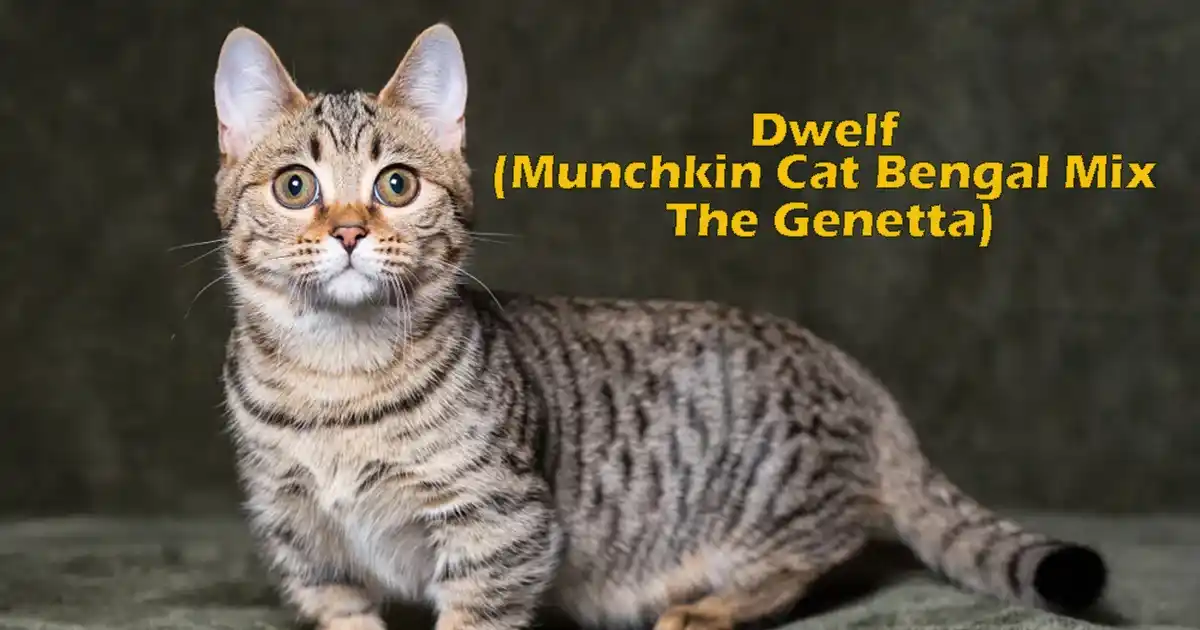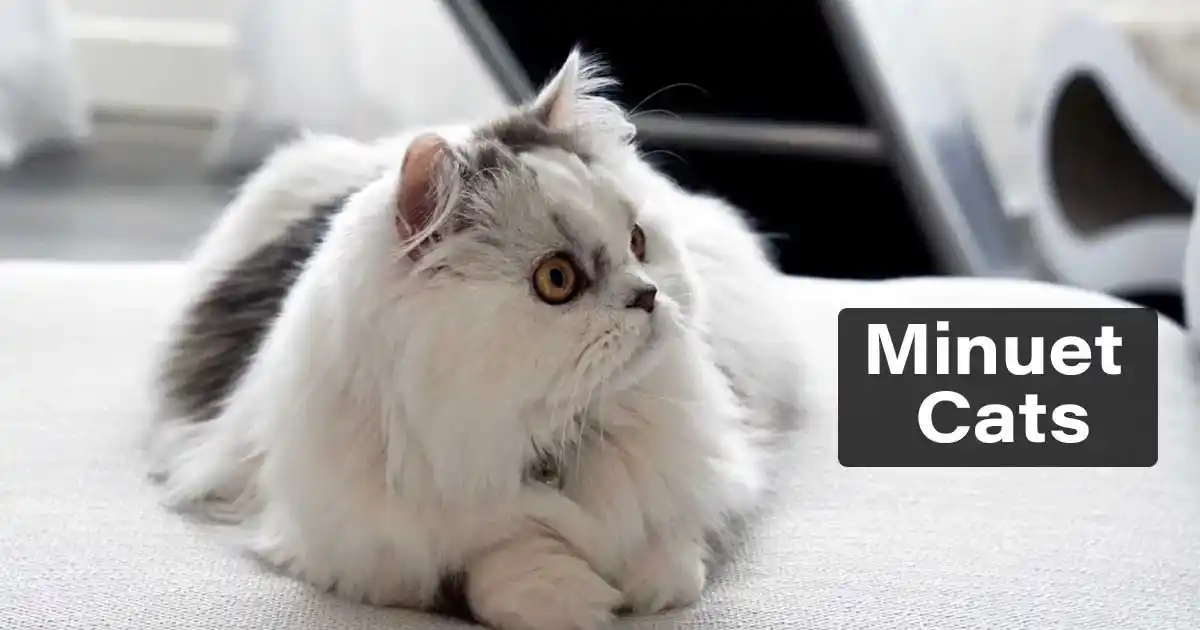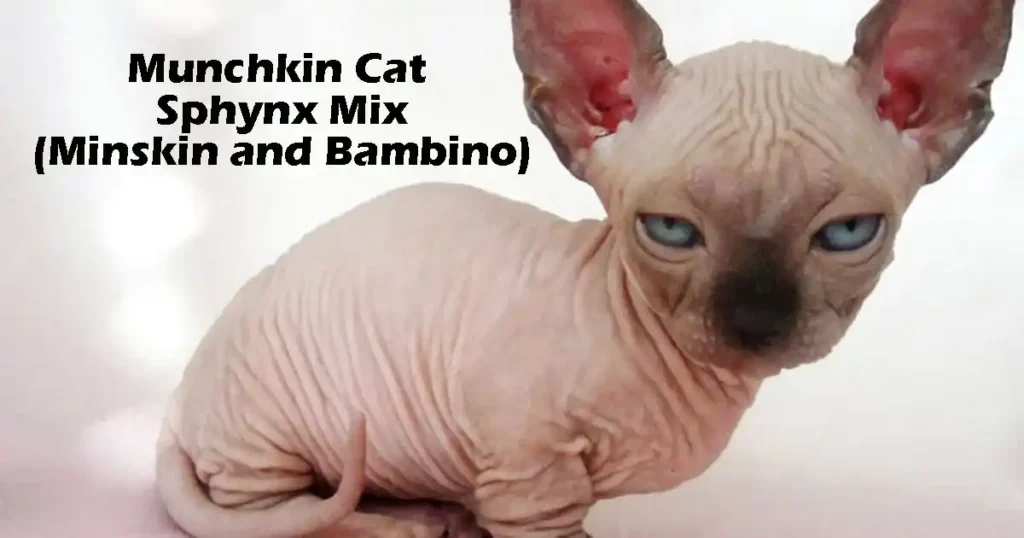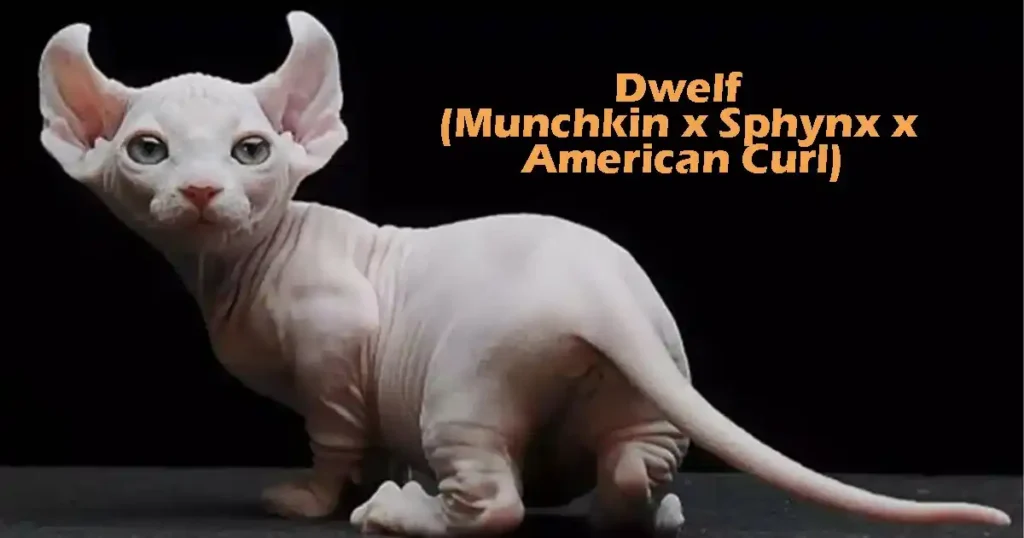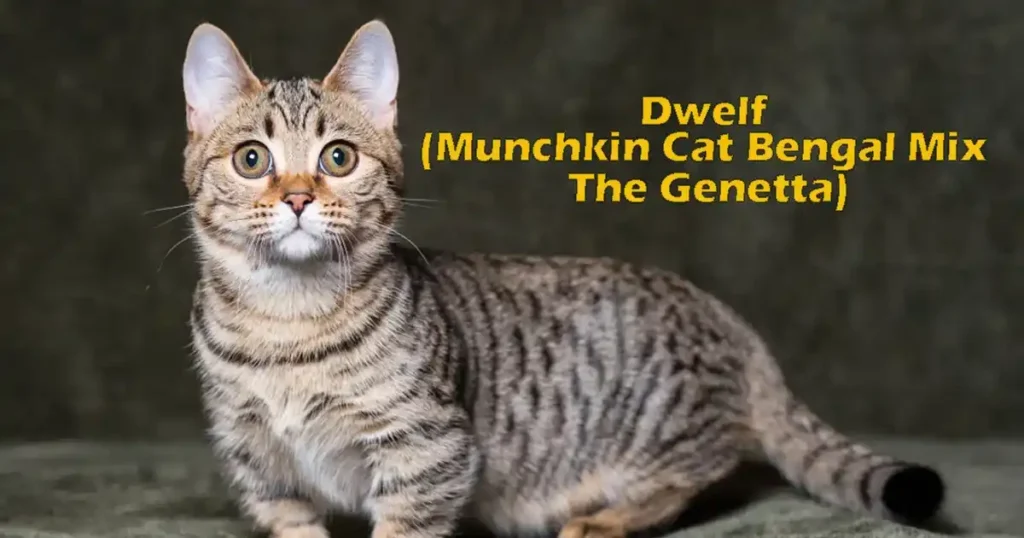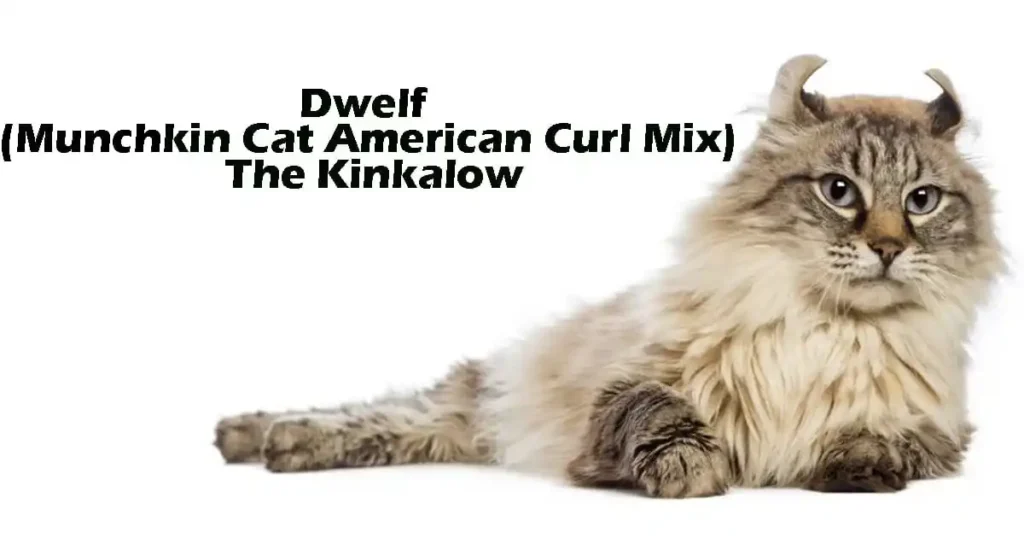Cornish Rex cats are a unique and elegant breed known for their curly coats and playful personalities. With origins in Cornwall, England, they’ve become a favorite among cat enthusiasts for their affectionate and intelligent nature. This article dives deep into everything you need to know about these fascinating felines from their care and health to their personality and cost.
Cornish Rex cats are often considered hypoallergenic because they produce less of the protein (Fel d 1) that triggers allergic reactions. While no cat breed is entirely allergy-free, the Cornish Rex is a better option for people with mild allergies.
Cornish Rex cats require minimal grooming due to their short, wavy fur, but occasional bathing helps to maintain healthy skin. They are an active breed, requiring plenty of playtime and stimulation to stay happy. Due to their thin coat, they may be sensitive to cold temperatures, so it’s important to keep them warm in cooler environments.
Meet the Cornish Rex: A Playful and Affectionate Feline with a Unique Look
The Cornish Rex is a standout cat breed known for its sleek, wavy coat, slender body, and large, expressive ears. Often compared to a graceful athlete, this breed is full of energy and loves to leap, climb, and play, making them a constant source of entertainment.
Despite their lively nature, Cornish Rex cats are incredibly affectionate and thrive on human companionship often curling up in your lap or following you around the house. Their soft, curly fur is hypoallergenic and requires minimal grooming, making them a great choice for those with allergies or busy lifestyles. With their unique appearance, playful personality, and loving heart, the Cornish Rex is a delightful addition to any home.
History and Origin of Cornish Rex Cats
This breed originated in Cornwall, England, in the 1950s. The first Cornish Rex, named Kallibunker, was born with a natural genetic mutation that resulted in its curly coat. Breeders carefully preserved this trait, leading to the development of the breed we know today.
Their name reflects their origins “Cornish” for Cornwall and “Rex” for their curly coats, akin to the Rex rabbit.
Through careful breeding programs, the Cornish Rex developed its signature slim, elegant body and soft, velvety coat. The breed’s distinctive physical traits and playful, affectionate nature quickly gained attention, leading to its official recognition in the 1960s.
Physical Characteristics
- Coat: The most striking feature of the Cornish Rex is its short, curly coat. The curls are caused by a genetic mutation that affects the structure of the hair shaft. Unlike most cats, Cornish Rex cats lack the typical guard hairs, and their undercoat is very soft and wavy.
- Body: They have a slender, elegant body with long legs and a arched back. Their muscles are well-defined, giving them a athletic appearance.
- Head: The head is egg-shaped with high cheekbones, large ears set high on the head, and oval-shaped eyes.
- Whiskers and Eyebrows: Their whiskers and eyebrows are also curly, adding to their unique look.
Cornish Rex cats are truly one-of-a-kind. Here are some of their defining features:
- Curly, Velvety Coat: The Cornish Rex’s coat is distinctively short, soft, and curly. Unlike other breeds, they lack a topcoat, which gives them a unique velvet-like texture.
- Elegant and Athletic Build: With their long, slender legs and arched backs, Cornish Rex cats are agile and fast, often displaying impressive athleticism.
- Playful and Social Personality: Cornish Rex cats are known for their sociable and playful demeanor. They thrive on interaction with people and other pets, making them excellent family cats.
Care and Maintenance of Cornish Rex Cats
- Grooming Needs: Their short, curly coats require minimal grooming. Weekly brushing suffices.
- Bathing: Occasional baths may be necessary as their coat can accumulate oil.
- Diet: A high-quality, protein-rich diet supports their energy needs.
- Environment: These cats enjoy warm and cozy spaces due to their lack of a dense coat.
Estimated First-Year Cost of Owning a Cornish Rex Cat
Here’s an estimated breakdown of costs for the first year of ownership:
| Expense | Cost |
|---|---|
| Initial Purchase Price | $800 – $2,500 |
| Vet Visits | $100 – $300 |
| Annual Food Cost | $240 – $600 |
| Litter | $120 – $360 |
| Toys and Accessories | $50 – $200 |
| Grooming Supplies | $10 – $50 |
| Pet Insurance | $120 – $480 |
| Optional Spaying/Neutering | $100 – $300 |
Like all breeds, Cornish Rex cats are prone to certain health issues. Common Cornish Rex health issues include dental problems, heart disease, and skin conditions. Regular vet check-ups and a balanced diet can help manage these potential health concerns.
Are Cornish Rex Cats Hypoallergenic?
Cornish Rex cats are often considered hypoallergenic because they produce fewer allergens compared to other breeds. Their short, curly coat sheds less, which can be beneficial for people with allergies. However, no cat is completely hypoallergenic, so it’s essential to spend time with the breed before making a decision if allergies are a concern.
Lifespan of the cats
The lifespan of Cornish Rex cats typically ranges from 10 to 15 years. With proper care, a healthy diet, and regular veterinary visits, many Cornish Rex cats live well into their teens.
- Skin Care: Due to their unique coat, Cornish Rex cats may develop oily skin. A gentle, regular bathing routine helps keep their skin balanced and healthy.
- Temperature Sensitivity: With thin coats, they can be sensitive to cold. Ensure they have access to warm bedding or consider cat-safe heating solutions in colder climates.
- High Activity Levels: These cats are naturally energetic and thrive with regular play and access to climbing spaces. Interactive toys and puzzle feeders are ideal for keeping them engaged.
- Dental Care: Dental health is important for Cornish Rex cats. Regular brushing or providing dental treats can help prevent oral health issues.
Personality and Temperament of the Cornish Rex
The Cornish Rex is renowned for its vibrant and engaging personality, making it a beloved choice among cat enthusiasts. These cats are often described as perpetual kittens due to their boundless energy and playful behavior.
Affection is a hallmark of the Cornish Rex’s personality. These cats are known for their loving and affectionate nature, often forming strong bonds with their human companions.
Interaction with Other Pets and Children
Cornish Rex cats are known for their friendly, playful, and affectionate personalities, which make them great companions for both other pets and children. Their sociable nature ensures they tend to get along well in diverse family settings.
Are Cornish Rex Cats Good Pets?
Absolutely! These cats are affectionate, intelligent, and great companions. Their social nature makes them ideal for families, singles, and even homes with other pets. However, they do require ample attention and may not do well if left alone for long periods.
Interaction with Other Pets:
Cornish Rex cats are typically good with other cats and pets. Due to their friendly disposition, they are often accepting of new animals in the household. They may even enjoy playing with other cats or friendly dogs, as long as the introductions are gradual and positive.
Their energetic and curious personalities also make them adaptable to a variety of other pets, but it’s important to monitor interactions in the beginning to ensure a harmonious relationship. Their social nature often leads them to form bonds with other animals, especially if they’re raised together.
Health and Lifespan
The Cornish Rex is generally known for its robust health, but like all breeds, it does have specific health considerations that prospective owners should be aware of. Understanding these aspects can help ensure that your Cornish Rex remains a happy and healthy companion throughout its life.
Common Health Issues
Hypertrophic Cardiomyopathy (HCM): This is a genetic condition where the heart muscle becomes abnormally thick, which can lead to heart problems. HCM is a common concern in many cat breeds, including the Cornish Rex. Regular veterinary check-ups are crucial for early detection and management of this condition.
Skin Sensitivity: Due to their lack of an outer coat layer, Cornish Rex cats may have more sensitive skin. This sensitivity can sometimes lead to skin irritations or dryness, so regular grooming and skin care are important.
Assessing Your Lifestyle
Assessing your lifestyle is a crucial step when considering whether a Cornish Rex is the right cat for you. This breed has specific needs and characteristics that can significantly influence how well it fits into your daily routine and home environment. Here’s how to evaluate whether the aligns with your lifestyle.
Fun Facts About Cornish Rex Cats
- They are often compared to dogs for their loyalty.
- Cornish Rex cats love climbing and exploring high spaces.
- They are one of the most playful and active cat breeds.
- Their curly coat feels like velvet to the touch.
- They are known to enjoy warm spots, such as radiators or sunny windowsills.
FAQS
Do Cornish Rex cats need baths?
Yes, occasional baths are recommended to remove oil buildup from their short coats.
Are Cornish Rex cats aggressive?
No, they are friendly and affectionate but may become vocal if their needs are not met.
How much do Cornish Rex cats cost?
Prices range from $800 to $2,000 depending on the breeder and location.
Do Cornish Rex cats like water?
Many Cornish Rex cats enjoy playing with water, showcasing their playful personality.
Are Cornish Rex cats good for allergies?
They are not completely hypoallergenic but produce less dander than many other breeds.
Conclusion
Cornish Rex cats are a remarkable breed that combines beauty, intelligence, and affection. They make excellent companions for those willing to give them the love and attention they crave. Whether you’re looking to adopt or purchase, these curly-coated felines are sure to bring joy and warmth to any home.
